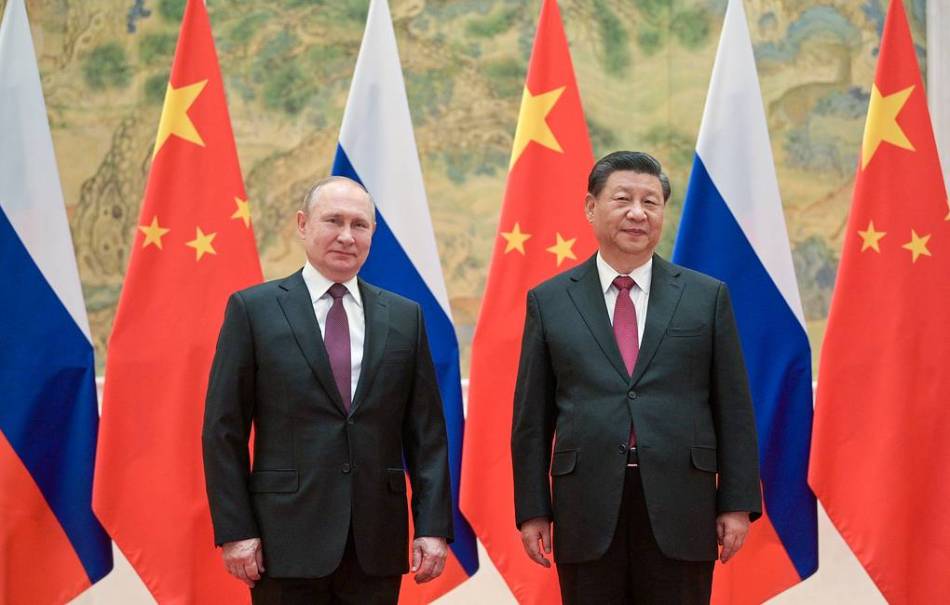Russia's President Vladimir Putin and China's President Xi Jinping urged NATO to rule out expansion in Eastern Europe and criticized other security blocs in the Asia Pacific including a new U.S. pact with Australia and the United Kingdom.
At their first face-t0-face meeting in almost two years, Putin won Xi's support on Friday for taking an increasingly aggressive stance towards pro-Western Ukraine and any help it might get from the U.S.-led military alliance.









